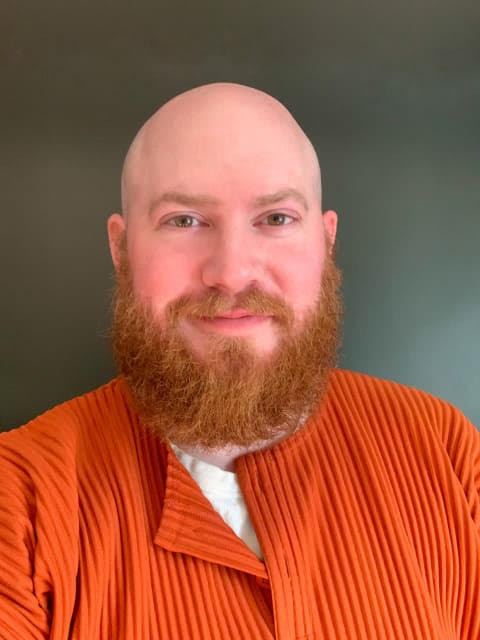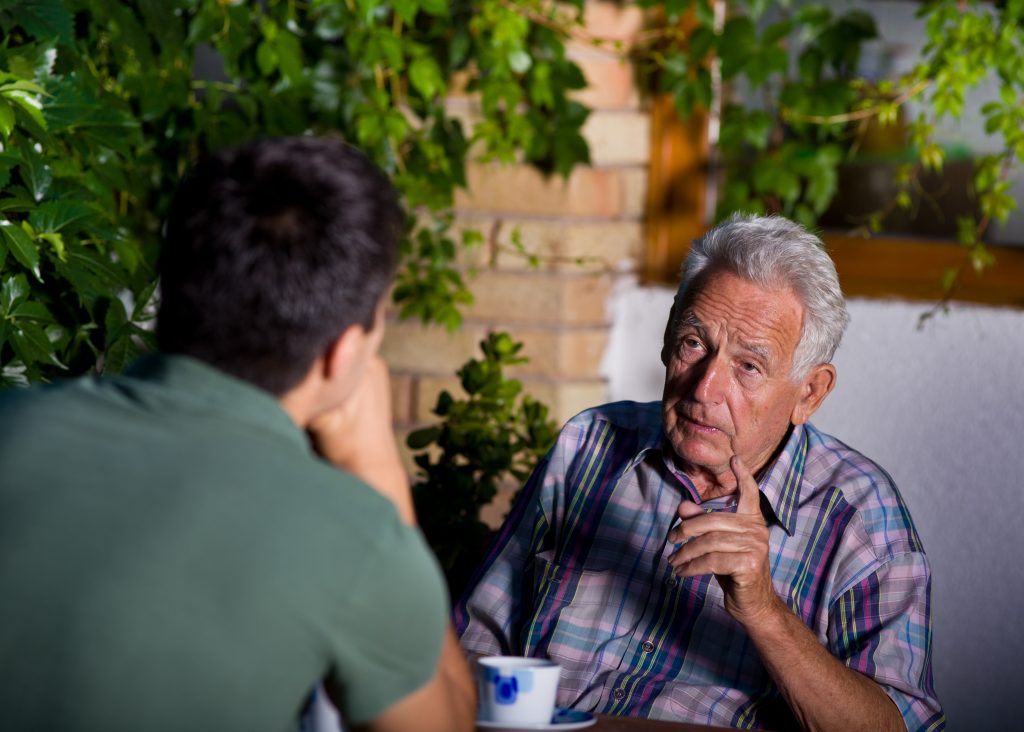A Path Towards Inclusion and Care
By Jonathan Buckerfield, Deputy CEO and Head of Income Generation at Opening Doors

In a world that is slowly but surely becoming more inclusive towards the LGBTQ+ community, it is a sad necessity to reflect on the chapters of history that continue to affect the lives of many today.
The recent release of Lord Etherton’s report on the treatment of LGBTQ+ veterans in the armed forces serves as a poignant reminder of the continuous challenges faced following their experience in the armed forces. Ensuring that LGBTQ+ veterans receive the support they need is not just a matter of rectifying past wrongs; it is imperative for creating a more equitable society.
LGBTQ+ veterans have faced criminal prosecution, imprisonment, loss of career, and the fracturing of their social and familial ties. These struggles have often extended into homelessness and decades of health and well-being challenges.
As we move forwards, there are several practical steps that charities, social enterprises and even businesses can take to help build a more inclusive society for those in the LGBTQ+ community.
Creating safe spaces and leveraging community networks
One of the cornerstones of improving care for LGBTQ+ veterans is the establishment of safe spaces, where they can freely express themselves without fear of discrimination. For organisations or charities, community networks provide an invaluable way of creating these spaces while complementing existing services.
A recent report by the LGBT Foundation found that nearly half of LGBTQ+ people over 50 live alone, with 12% feeling like they don’t have anyone on their side. These numbers tell us how essential safe spaces are and why community networks are vital.
Local LGBTQ+ organisations, advocacy groups, and allies can collaboratively establish a safety net of support. Within this network, assistance with housing, healthcare, and legal issues is readily available, ensuring that LGBTQ+ veterans are not left to navigate these challenges on their own.
Unlike traditional services, community-based networks offer holistic support tailored to the specific needs of their members, recognising the individuality of each person. This is especially important for LGBTQ+ veterans who may harbour distrust toward institutional services.
Building bridges between generations

We can go one step further when addressing social isolation by leveraging the power of intergenerational connections. By bringing together LGBTQ+ veterans from different age groups, we can create a sense of pride and community that transcends generational boundaries.
Younger LGBTQ+ individuals can learn from the experiences of their older counterparts, and the older generation can find solace in knowing that they have allies and support among the younger community. These connections can provide emotional and social sustenance that is vital for LGBTQ+ veterans’ wellbeing.
For older LGBTQ+ veterans, having the opportunity to authentically share their stories, experiences and lives is vital and can help to foster positive relationships across communities.
Aligning healthcare policies and practices
Veteran charities play a crucial role in providing hands-on support to LGBTQ+ members. In fact, any organisation that concerns itself with the care and wellbeing of older populations requires staff that are trained in understanding the needs of LGBTQ+ individuals. This understanding is fundamental to recognising the multiple traumas that LGBTQ+ people of this generation have experienced, particularly when they are veterans. This includes societal prejudice, financial difficulty and discrimination.
Several mental health issues, including PTSD, addiction, and depression, which often result from veterans being discharged from the Armed Forces, require understanding and care to ensure that such traumas aren’t exacerbated. Rejection, both professionally and personally, can lead to trust issues among LGBTQ+ veterans, making it essential for healthcare professionals to create an environment of trust and understanding.
There are also many practical steps that healthcare organisations can take to support LGBTQ+ members. Publicly demonstrating their commitment to inclusivity is one of them.
This can be achieved by raising awareness of their services through media, websites, communications, and word-of-mouth channels. A simple yet powerful display of LGBTQ+ symbols, such as the rainbow, can signify LGBTQ+ friendliness and support.
Looking ahead
As we reflect on these challenges, it’s essential to look ahead to envision a future where LGBTQ+ veterans receive the care and respect they rightfully deserve. The journey towards a more inclusive society is an ongoing one, and it requires sustained commitment from all quarters.
To achieve this vision, our commitment to the cause must remain unwavering, and our actions must reflect the values of compassion, equality, and pride in care.

